Big Bash League: The Big Bash League (BBL) is one of the premier domestic Twenty20 (T20) cricket leagues in the world. Since its inception in 2011, the BBL has grown in both popularity and financial significance, becoming a major part of Australia’s cricketing landscape. The BBL is a major commercial product and an integral part of Cricket Australia’s (CA) strategy for promoting the sport across the country. Understanding who owns the BBL involves examining the key stakeholders, the organizational structure of the league, and how it operates financially.
History and Background of the Big Bash League
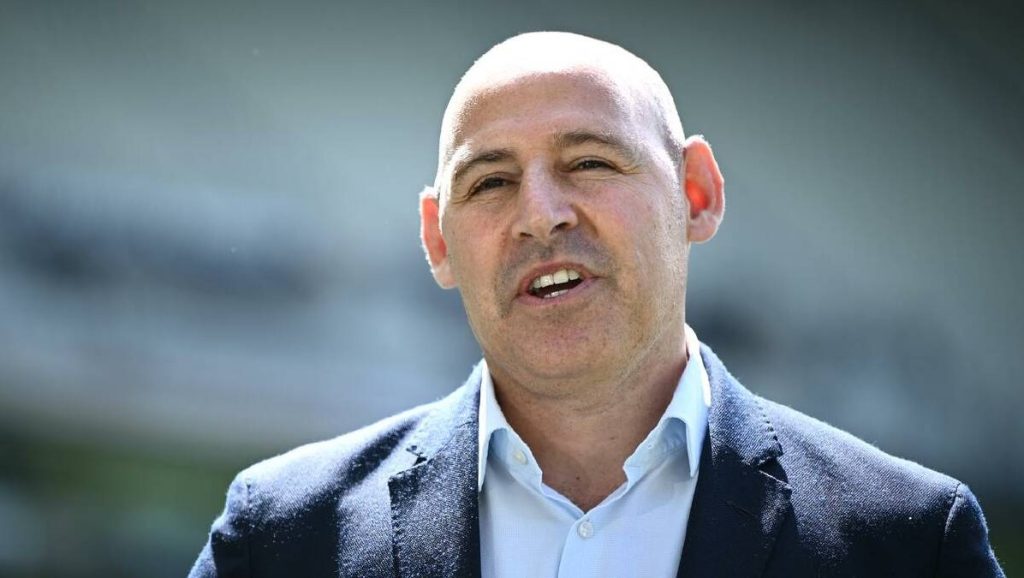
The Big Bash League was created by Cricket Australia (CA) to replace the previous T20 competition, the KFC Twenty20 Big Bash, which ran from 2005 to 2010. The goal was to create a more marketable, exciting, and professional T20 competition that could rival other global leagues like the Indian Premier League (IPL). The BBL has since become one of the most successful T20 leagues, attracting international players, offering big prizes, and serving as a platform for young Australian talent to showcase their skills.
Big Bash League: The first season of the BBL, which began in December 2011, saw eight teams participating in the competition, representing major cities across Australia: Sydney Sixers, Sydney Thunder, Melbourne Stars, Melbourne Renegades, Brisbane Heat, Perth Scorchers, Adelaide Strikers, and Hobart Hurricanes. Over the years, the league has grown in both size and scope, increasing its number of games, improving its broadcasting standards, and expanding its fan base.
Ownership Structure of the Big Bash League
The ownership of the Big Bash League is closely tied to Cricket Australia, the national governing body for cricket in the country. While the league itself is not privately owned like the IPL, it is still commercially driven, with numerous stakeholders involved in its operation. Let’s break down the ownership structure and key entities involved in the BBL.
1. Cricket Australia (CA)
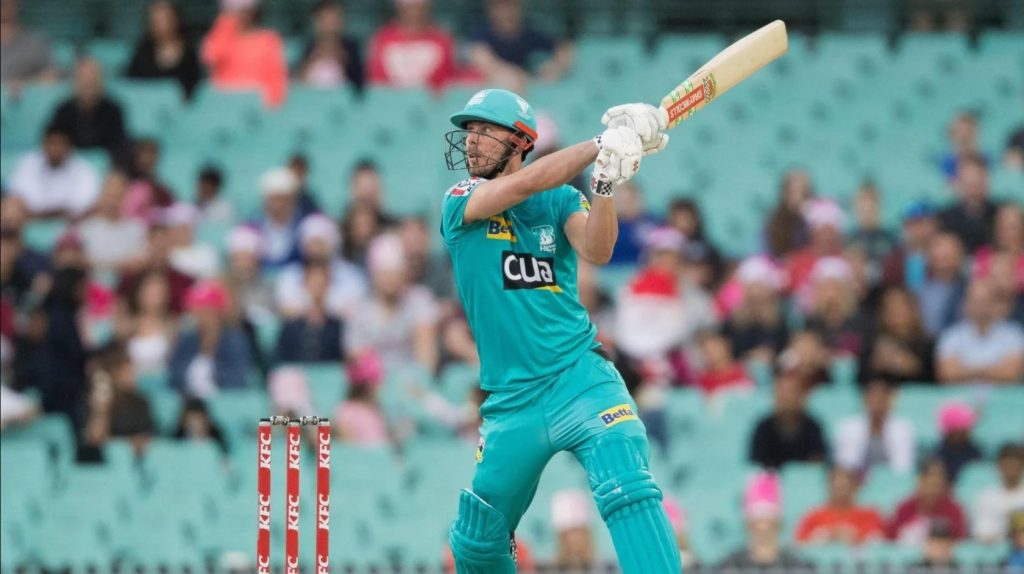
At the heart of the BBL’s ownership is Cricket Australia, which has full control over the operation of the league. As the sport’s governing body, CA oversees all aspects of cricket in Australia, from grassroots programs to the national team. The BBL is one of CA’s flagship products, providing significant revenue that supports the development of cricket at all levels.
Cricket Australia is responsible for:
- Setting the rules and regulations of the competition.
- Negotiating broadcasting deals and sponsorship agreements.
- Ensuring the growth and development of the league.
CA’s management of the BBL ensures that the league remains competitive and maintains a focus on both commercial success and the development of the sport. The BBL is integral to CA’s business model, with revenue from the league helping to fund the national teams, infrastructure, and grassroots programs.
2. Franchise Ownership
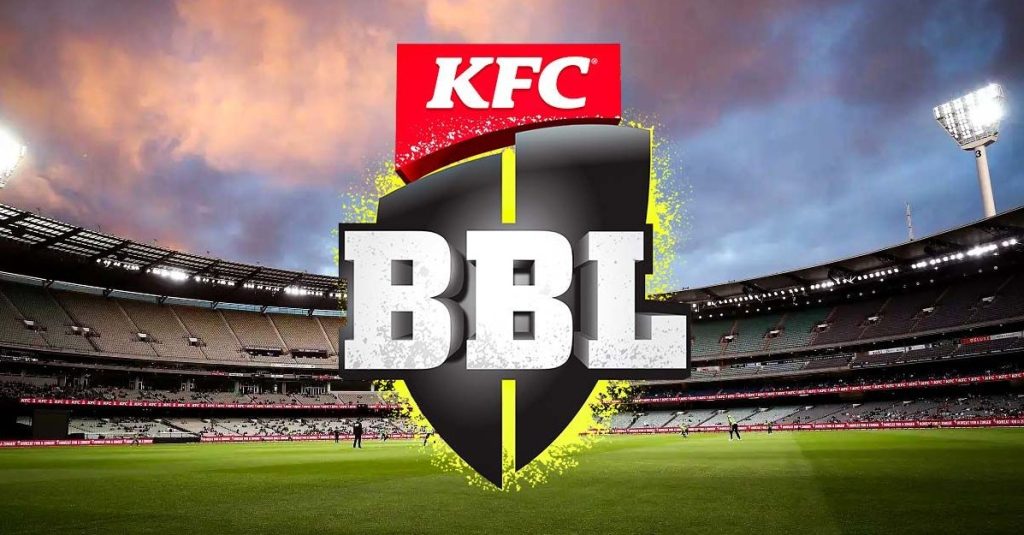
Big Bash League: While Cricket Australia owns and manages the league itself, the eight teams that participate in the BBL are owned by private investors or consortiums. These franchise owners are responsible for the day-to-day operations of their respective teams, including player recruitment, marketing, and local sponsorships. However, the franchises operate within the overarching framework set by Cricket Australia.
Below is a table showing the BBL teams and their respective ownership structures:
| Team | City/State | Ownership | Major Stakeholders |
|---|---|---|---|
| Sydney Sixers | Sydney, NSW | Private owners | Sydneysiders (media company) |
| Sydney Thunder | Sydney, NSW | Private owners | Thunderstruck Group (group of investors) |
| Melbourne Stars | Melbourne, VIC | Private owners | Stars Group (investment consortium) |
| Melbourne Renegades | Melbourne, VIC | Private owners | Cricket Victoria (part ownership) |
| Brisbane Heat | Brisbane, QLD | Private owners | Queensland Cricket (part ownership) |
| Perth Scorchers | Perth, WA | Private owners | Perth Scorchers Group (various investors) |
| Adelaide Strikers | Adelaide, SA | Private owners | South Australian Cricket Association (partial ownership) |
| Hobart Hurricanes | Hobart, TAS | Private owners | Tasmanian Government and Private Partners |
Each team within the BBL operates as a separate entity and has its own individual ownership group, which typically consists of investors, media companies, and sometimes state cricket boards. The franchise model allows investors to benefit from the commercial success of the league while also contributing to its overall development.
3. Broadcasting and Sponsorship Rights
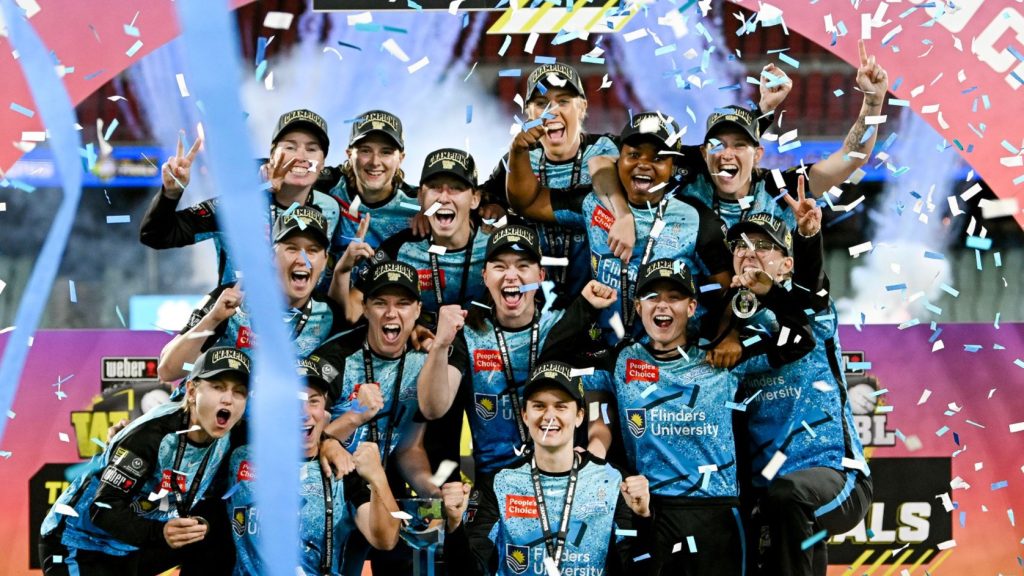
Big Bash League: Cricket Australia controls the broadcast rights for the BBL, securing lucrative deals with media companies that air the games. These broadcasting agreements are a major revenue stream for the league and the teams. Since its inception, the BBL has had successful broadcast deals with Channel 10 and Fox Sports. As of the latest agreements, Seven Network holds exclusive broadcast rights to the BBL, ensuring that the competition is televised across Australia and internationally.
In addition to broadcasting, the BBL also generates significant revenue from sponsorship deals. KFC, for instance, has been a long-time sponsor of the league, and numerous other brands have partnered with Cricket Australia and the franchises to enhance their visibility. The sponsorship deals help cover the operational costs of the league and the teams, contributing to their financial sustainability.
Commercial Success and Growth
Over the years, the Big Bash League has turned into a financial powerhouse. The combination of strong media deals, lucrative sponsorships, and packed stadiums during the summer months has made the BBL one of the most profitable cricket leagues globally. The league is particularly popular in Australia, attracting large crowds for its exciting brand of cricket.
Key commercial drivers of the BBL’s success include:
Ticket sales: The BBL regularly attracts large crowds to its matches, particularly in the final stages of the competition. The family-friendly atmosphere and entertaining format of the tournament have made it a popular option for both casual and die-hard cricket fans.
Branding and merchandise: The BBL’s franchises sell branded merchandise, including team apparel, accessories, and memorabilia, which add another layer of revenue.
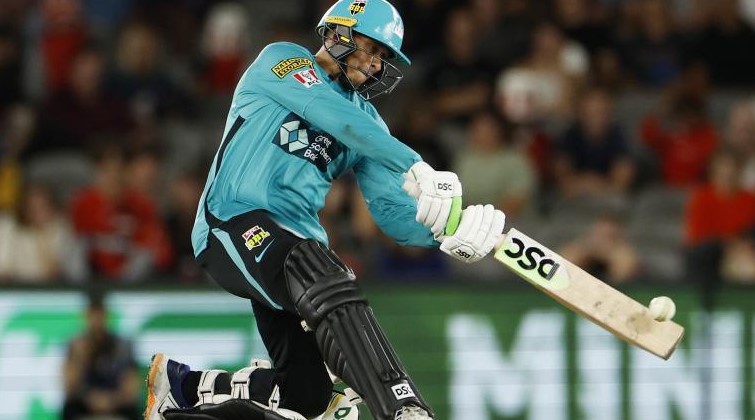
International players: The BBL attracts high-profile international players, which increases the league’s global reach and viewer base. The presence of international stars also drives ticket sales and viewership.
Below is a breakdown of the estimated revenue sources for the BBL:
| Revenue Source | Percentage of Total Revenue |
|---|---|
| Broadcasting Rights | 40% |
| Sponsorships | 30% |
| Ticket Sales | 20% |
| Merchandising and Licensing | 10% |
This table illustrates that broadcasting rights and sponsorship deals contribute the most significant portions of revenue to the league, followed by ticket sales and merchandising. This revenue allows Cricket Australia to invest in expanding the league, improving infrastructure, and supporting grassroots cricket development.
Conclusion
In conclusion, the ownership structure of the Big Bash League is a unique combination of Cricket Australia’s governance, the private ownership of the franchise teams, and commercial partnerships with media and sponsors. Cricket Australia plays a central role in managing the league, ensuring its financial success, and driving its growth both domestically and internationally. The involvement of private investors in the team franchises ensures that each team operates efficiently and profitably within the framework set by Cricket Australia. This blend of public and private ownership, along with the league’s commercial success, has allowed the Big Bash League to thrive and become one of the most prominent T20 competitions in the world.

